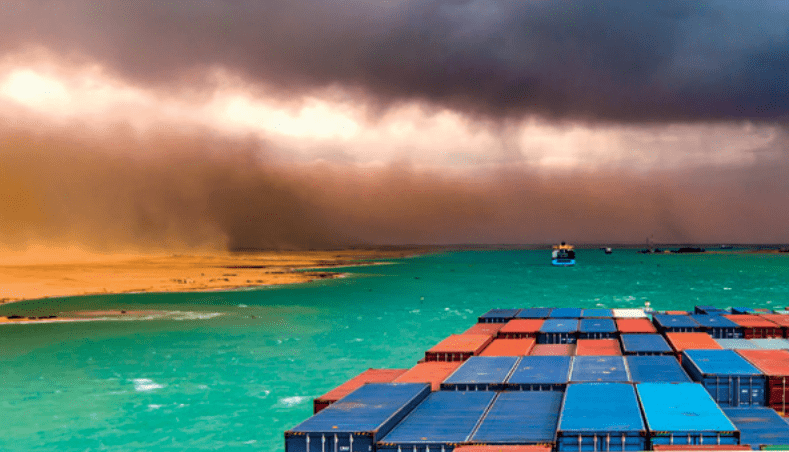The World Trade Organization (WTO) considered that evidence of deglobalization is scarce in terms of international trade.
Geopolitical tensions are worsening, raising fears that trade could be reoriented based on regional and political factors.
«Although changes in the structure of trade have been observed, evidence of increased de-globalization remains scarce,» the WTO argued.
As evidence, it laid out that one indicator of the extent of global supply chains is the share of intermediate products in world trade.
That share has fallen below 50% in 2023, but the change is not huge (48.5% in the first half of the year versus 51% in the previous three years).
Deglobalization
According to recent data, there are changes in the distribution of trade that may be politically motivated, although the causes are uncertain.
For example, total U.S. trade in parts and components with like-minded countries (based on voting patterns at the United Nations) fell from 77% in 2019 to 73% in 2020, and rose again to 77% in 2023.
Such changes could reflect geopolitical tensions, but could also indicate a return to pre-pandemic trade patterns. These and other indicators of fragmentation will be closely monitored by the WTO in the future.
Also, the WTO took a closer look at potential «bottleneck» products, or products that are highly concentrated in international trade and appear to be holding back diversification efforts by companies around the world.
Export restrictions
According to the WTO’s World Trade Report 2023, while shocks can have a strong impact on the availability of these products, only a few products considered essential according to that relatively long list are affected.
The number of export restrictions introduced by WTO Members has increased significantly since 2020, first in the context of the pandemic and, more recently, because of the war in Ukraine and the food security crisis.

